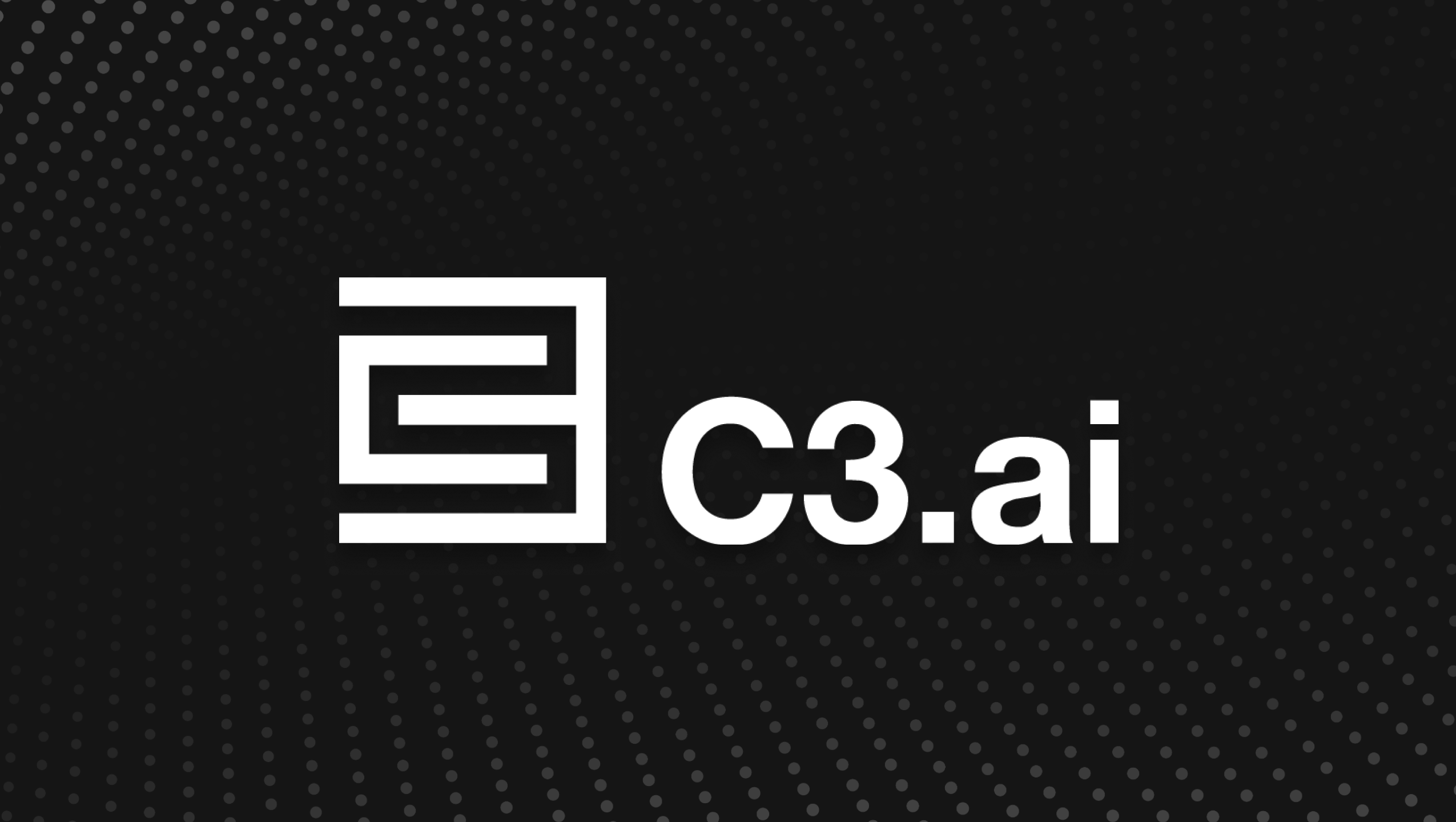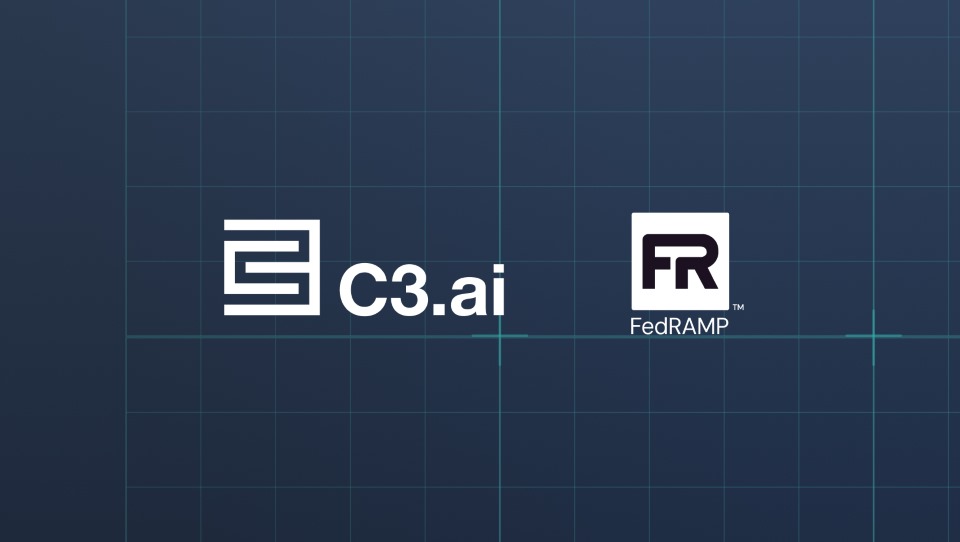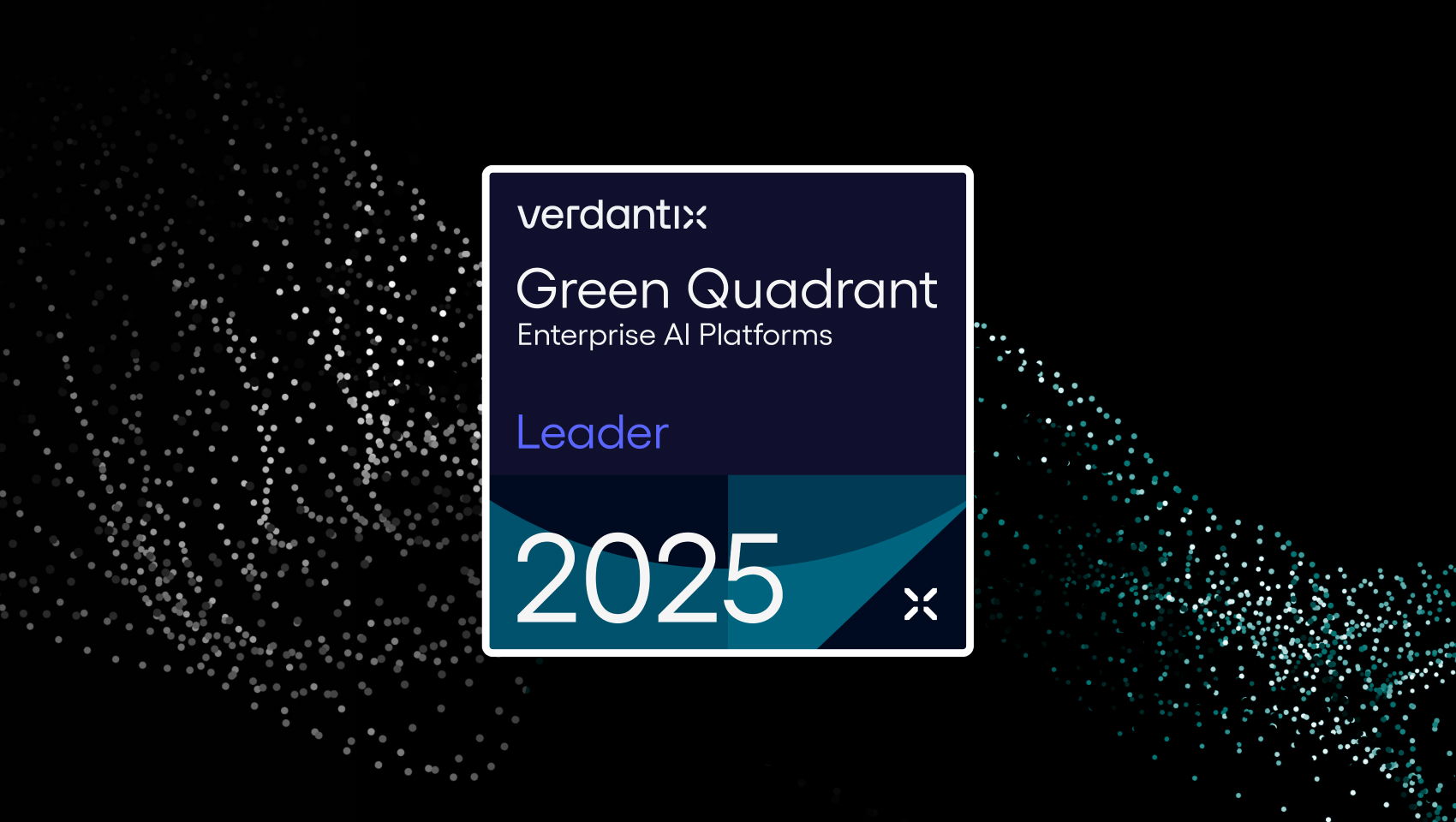C3.ai CEO Tom Siebel was featured on today’s CNBC Squawk Alley‚ hosted by Jon Fortt‚ live from the floor of the New York Stock Exchange.
During the segment‚ Siebel shared his perspectives on the growth of AI‚ the need to protect data and user information in advanced AI applications‚ and the regulation of social media.
The explosive growth in the sensoring of all types of business operations and value chains underpins a variety of new applications and business insights that shows no signs of slowing.
“So far this century‚ we’ve deployed about 40 billion IoT across value chains. That’s exclusive of ARM—there’d be another 100 billion devices there—so this is a vector that’s pretty unstoppable.”
Similarly‚ while the rapid growth of artificial intelligence (AI) brings enormous benefits‚ it requires oversight and scrutiny to ensure user privacy and a level playing field.
“AI brings enormous benefits across many value chains. Precision health‚ for example‚ is the largest application of AI. This is a major technology change occurring in this part of this century associated with AI‚ elastic cloud computing‚ and IoT‚” said Siebel. “When we get into areas like precision medicine‚ the benefits will be enormous. But there are also consequences that we need to think about. When we think about putting 100-150 billion sensors out there‚ it increases surface area available for cyberattack. Look at critical infrastructure. Look at the grid infrastructure. It’s amazingly‚ incredibly vulnerable.”
With the growth in predictive analytics‚ organizations will glean great insights‚ and this information can be used for improved decision making. But organizations will also have to treat this data very carefully. The security and privacy of health information systems are an important illustration of this.
“When health providers‚ health insurers‚ and the government will be able to tell with high levels of precision who’s going to be diagnosed with what disease in the next five years‚ they’re going to know things about us that maybe we don’t want to know. What are they are going to do with that information? There are implications for jobs‚ privacy for cyber security‚ so we need to step up our game‚” said Siebel.
Similarly‚ the promulgation of social media creates a need to control the content shared across platforms such as Facebook and Google‚ to safeguard users.
“We’re now seeing the weaponization of these systems. The industry is clearly not regulating itself. The people who are running these companies need to be responsible‚” said Siebel. “It’s a proper role for government to come in and regulate this because it needs to be regulated. It threatens the very roots of freedom and democracy.”
On the question of whether social media companies like Facebook have done enough to protect users‚ Siebel responded‚ “I think the regulators will force them to change their behavior. I’m not a big government guy‚ but there are certain places where government plays a role. It goes to the ability to conduct a democracy‚ even before you get to personal privacy issues which are equally as spooky‚ creepy‚ and daunting. Regulators are going to have to step up their game and do their job.”



